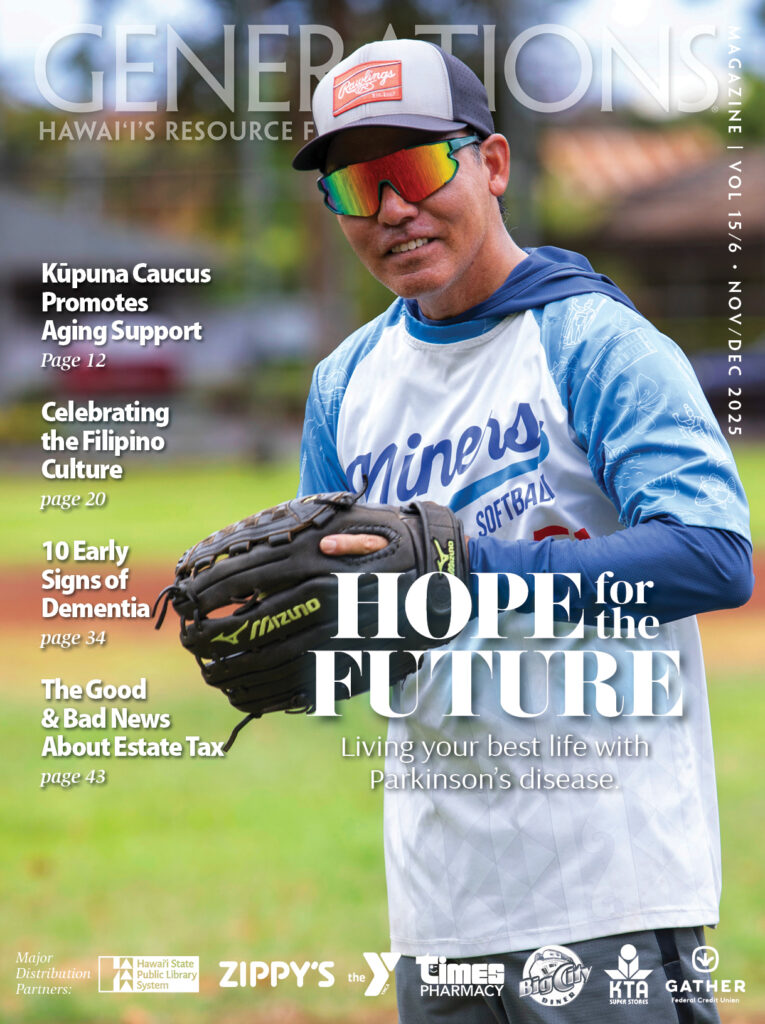In 2008, the state Legislature established the Long-Term Care Commission to assess Hawai‘i’s system of care for the elderly and recommend improvements. Nearly four years later, the Commission is ready to share its findings with lawmakers - and the report is not encouraging.
Describing the state’s long-term care system as “broken,” the Commission concludes that neither the state nor most of its residents are prepared to deal with the high cost and complexity of care. The report says that lack of public awareness and fragmented state oversight of programs and providers make for an increasingly dangerous combination as Hawai‘i ages.
“Hawai‘i’s people have not put aside sufficient savings to deal with the risks of aging, and that’s something that could come back to haunt all of us,” said Long-Term Care Commission Chair Stuart Ho, who also serves as State President of AARP Hawai‘i. “Most of our residents are both unaware of and unprepared for the looming financial costs associated with long-term care. The problem is compounded by state government’s fragmented management of the current system, which leaves families confused about the services available to them.”
The Commission finds that most residents - and state government itself - are unprepared to cope with the increased demand for long-term care services. As the need for services increases, many families are shocked to learn that Hawai‘i nursing home costs are among the highest in the country and are already at full capacity.
Meanwhile, Hawai‘i is home to one of the fastest aging populations in the United States. Between 2007 and 2030, the number of residents age 85 and older will increase by almost two thirds (from 29,000 to about 48,000). As our population ages, the Commission says that either government will need to spend substantially more for long-term care or other sources of funding will have to be found.
The Commission report, ready for delivery to the Legislature in January, includes eight recommendations for consideration. Three are listed below.
- Launching a long-term care public awareness campaign
- Establishing a mandatory public insurance program
- Consolidating state departments responsible for long-term care into a single agency for greater efficiency and coordination
To read the report and the complete list of recommendations, visit the University of Hawai‘i Public Policy Center online at publicpolicycenter.hawaii.edu/ltcc.


Leave a Reply